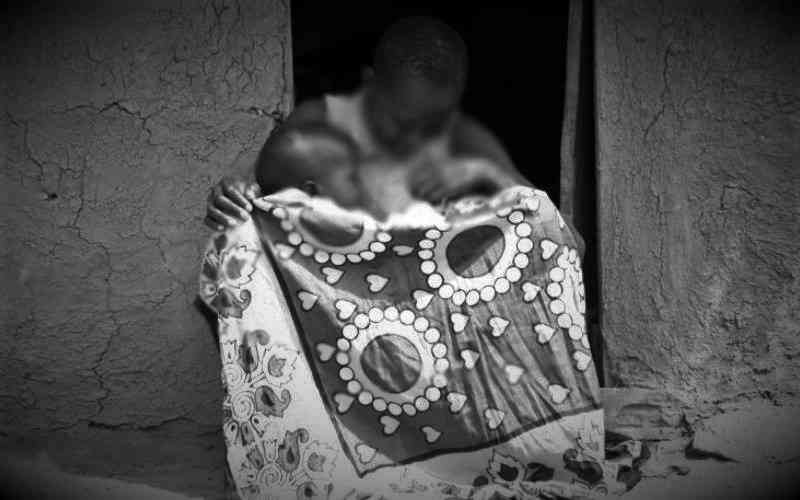×
The Standard e-Paper
Stay Informed, Even Offline

Pauline Askuku, 17 was in deep sleep in one of the female wards in Isiolo County Referral hospital.
She woke up to the pungent smell of the hospital disinfectant.